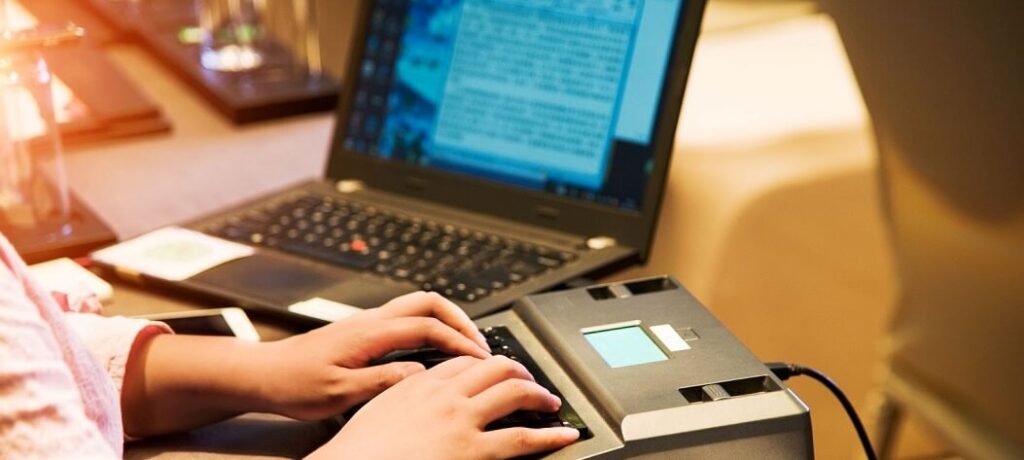A “deposition” is an out-of-court testimony. It’s a question and answer session where one party questions the other in order to gather information in support of their case.

In personal injury cases, both the injured person (plaintiff) and the person being sued (defendant) can use a deposition. Deposition usually ends in a settlement, but there are instances when trial is necessary.
How does deposition work?
A deposition is part of the investigative (discovery) process of a lawsuit where an attorney asks questions of a person, generally a party to the action or a witness, the person answers under oath like they would at a hearing, and the questions and answers are recorded by a court reporter or stenographer.
The transcript from the deposition can be used later in the case, such as at trial or in settlement negotiations, as impeachment evidence to point out inconsistencies in a person’s story.
Arriving at a settlement
Sometimes new information is revealed in the deposition, introducing the need to conduct additional discovery. After the depositions have been taken and your attorney feels that sufficient discovery has been completed, your attorney can negotiate with the defendant’s insurance company to reach a settlement agreement.
Although settlement is easier and less expensive than going to trial, that doesn’t guarantee that it’ll be a quick process. The negotiations might be very detailed, there might be multiple offers sent back and forth, and sometimes it might be difficult to get a response or a meaningful counteroffer from the defendant, causing the negotiations to stretch on for an extended period of time.
You and your attorney will discuss each offer from the defendant, and they will use their experience with similar cases to help you determine if it’s a reasonable or fair offer. However, although your attorney will have a well-educated opinion, they can only recommend whether or not you accept that offer – the actual decision will be up to you.
If you feel the offer is a good one, and you choose to accept it, the case will be over. If it’s not and the insurer refuses to make another offer, then your case will likely go to trial.
When a case goes to trial
Choosing whether or not to go to trial will obviously be a huge decision. In fact, it could very well be one of the most important decisions you’ll ever make which is why you’re going to need an attorney who is truly working in your best interests.
Your attorney should be highly experienced in the area of your personal injury case, they should clearly spell out the pros and cons of going to trial or settling, and they’ll tell you their opinion about your chances of success. Should you choose to proceed with a trial, your lawyer will immediately begin their preparations.
You’ll present your case to the jury with your testimony, the testimony of witnesses, and your evidence, and the defendant will have the opportunity to question you and your witnesses. If you’re too injured to physically appear in court, accommodations can likely be made for you to appear in another manner.
The defendant will then present their case with their own testimony, their own witnesses, and their own evidence, and you’ll be given the opportunity to question the defendant and their witnesses. Then the jury will be given instructions by the court, and they’ll be left to reach a decision.
Curious about depositions? Shrable Law Firm can help.
If you’d like more information on what happens after a deposition, or if you want to learn more about how we can help you win your case, contact an Americus personal injury lawyer with the Shrable Law Firm by completing the online contact form or calling (229) 349-6291.
Free Case Review
Contact Page form
Wrongful Death Claim
$750,000
More FAQ'S
Albany Office Address
Address : 127 N. Westover Blvd. Ste 3 Albany,
GA 31707
Phone: (229)-349-6291


